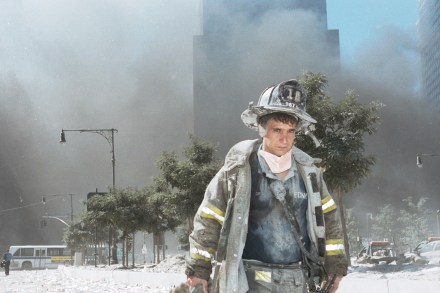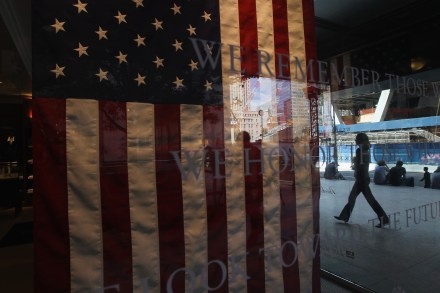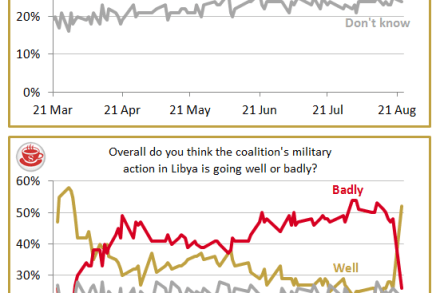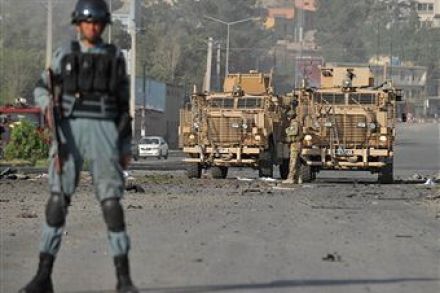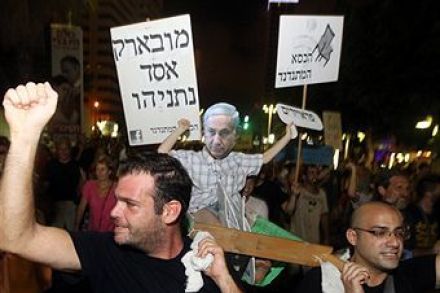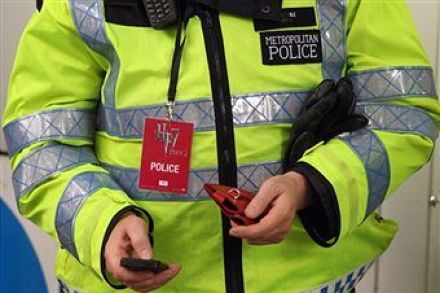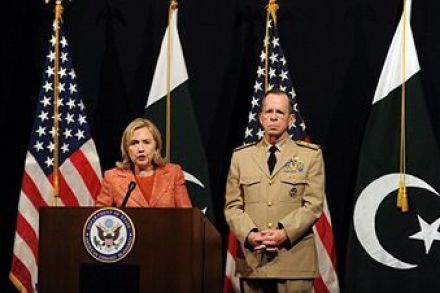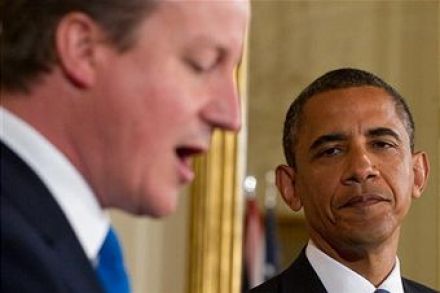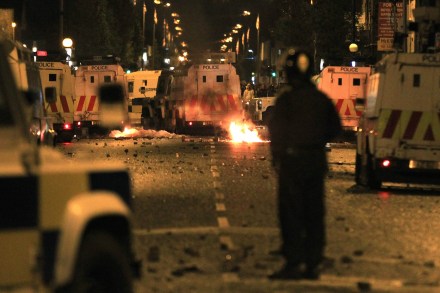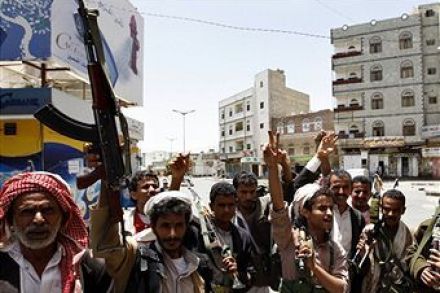A flurry of news yesterday evening, among it Slovakia’s rejection of the euro bailout and even more ado about our Defence Secretary. But nothing nearly as striking as the alleged Iranian plot to murder the Saudi ambassador to Washington. Drugs, money, geopolitics, potential mass slaughter — this is a web of the most tangled and terrifying kind. And, according to US officials, it all leads back to Tehran. Assuming that that’s the case, there can few more alarming reminders of the threat posed by Iran. Here is a regime that is bent on terror and destabilisation — and bent, also, on acquiring a nuclear weapon. Little wonder why politicians from






